I had a lot of fun pulling together my top 10 for 2019. While it wasn’t as good as many recent years, this year was full of surprises for me. Games I didn’t see coming, knew little or about, or had no expectations for jumped into my rotation and became regular plays and likely will remain so for some time to come. Enjoy!
10. Res Arcana
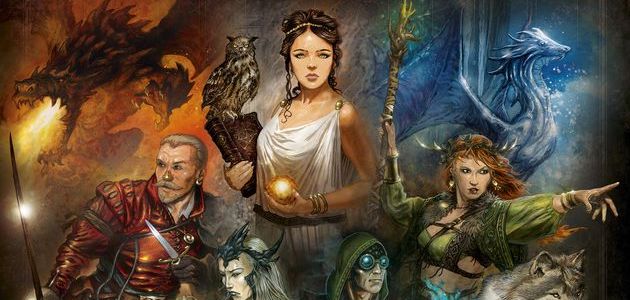
I love restrictions in board games. Finding the most efficient solution with the least amount of resources can be immensely satisfying. This is why Res Arcana resonated with me so strongly. This seemingly simple card game from Tom Lehmann – of Race for the Galaxy fame – distills all that makes his tableau builders great into a tight, short game of just 8 cards and a fine number of communal resources. It’s fast, it’s almost always different, and it’s one of my favorite quick tableau builders of recent memory.
9. Keyforge: Worlds Collide
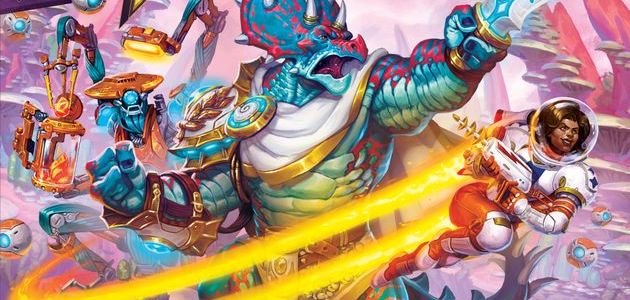
Keyforge was my most played game of 2019, but the bulk of those plays came in the first four months when I was absolutely enamored with the game’s initial release. Puzzling through a deck that I couldn’t change to find the best combination of cards and respond to my opponents in kind was immensely satisfying. Which is why Age of Ascension was a let down for me. Minimal new mechanics, a number of new “dud” cards, and a mixed bag of decks led to the game dropping out of my rotation. Worlds Collide brought it screaming back. Two new factions, three new mechanics. Exciting sneak peeks at future potential cards. This was one heck of an expansion and put Keyforge back on my map as a game to be played.
8. SpaceCorp
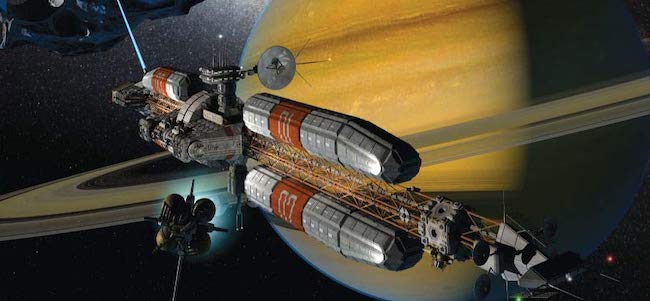
GMT is traditionally known for its war games and simulations. If you want an asymmetrical take on a major 20th-century military conflict, GMT is where you go. So I almost missed SpaceCorp – assuming it fits that mold of extremely heavy, flow chart driven simulation. It is none of those things. Designed by wargame royalty John Butterfield, SpaceCorp is a game in three parts. Players build up and explore the solar system, unlocking achievements and racing each other to build the best space program. It was an unexpected wonder for me and now rivals Leaving Earth for table time when I’m feeling up for a game of space exploration.
7. Black Angel
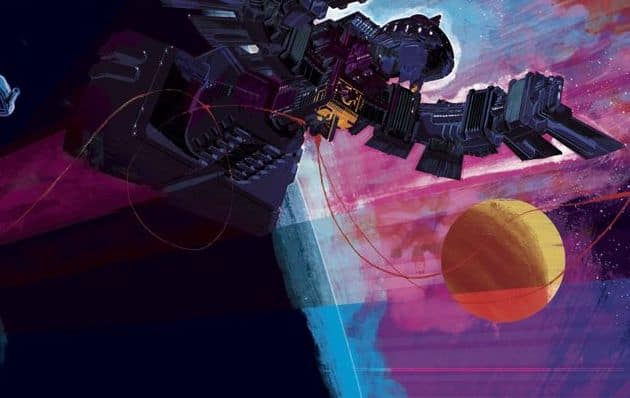
In development for years, Black Angel is among Pearl Games’ most ambitious games. Drawing on the core dice mechanic of Troyes, the space jumping board flipping of Solenia, and a whole bunch more, Black Angel at first feels a bit disjointed. But it drew me in and the more I played, the more I could see the intricate flow between the cards I played, the ships I sent out, and the technology tiles I collected. This is one of my favorite big euros of the year and continues to see the table through the end of the year.
6. Marvel Champions: The Card Game

I was among the first to scoff at what looked like a Fantasy Flight cash grab when Marvel Champions was announced. And maybe it is – it’s a known, high-selling IP and a proven set of mechanics after all – but dang if it doesn’t work. Marvel Champions is an absolute blast to play – faster, tighter, and more action-packed than either Arkham Horror or Lord of the Rings (the games with which it shares a common co-op LCG background). I don’t know if it will ever surpass those games on my list of all-time greats, but for now, it’s found a steady place on my list and continues to surprise with its expansions.
5. SHŌBU

I first played SHŌBU early in 2019 using a friend’s handmade copy. I instantly knew I’d like it, but I didn’t anticipate it would become one of my most played abstract games of the year and an instant go-to on my shelf. Published by Smirk & Laughter (the less back-stabby offshoot of Smirk & Dagger), SHŌBU is a revelation. So simple and yet loaded with strategic potential, this is the (very) rare abstract game that feels like it could have been created thousands of years ago. No cards, not upgrades, no dice. Just a handful of stones on four boards facing off against one another. I love this game.
4. Watergate
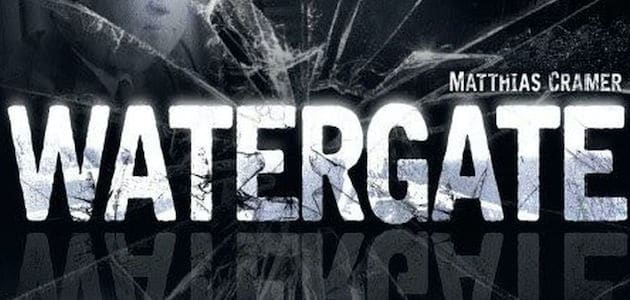
After a three-year hiatus, Matthias Kramer is back with one of his best games – the unexpectedly tight, two-player instant classic – Watergate. The game tasks one player as President Nixon, attempting to avoid the efforts of the other player’s investigative journalists, uncovering the Watergate scandal. Taking place over several rounds, the game plays like a tug of war as both sides attempt to gain influence and generate evidence (or cover it up). Completely asymmetrical, either side has a unique deck of cards, many of which have powerful events that can only be used once per game. The comparisons to Twilight Struggle are apt, but I might like this even more because I can play it in 30 minutes and feel like I completed something much bigger.
3. Trismegistus: The Ultimate Formula
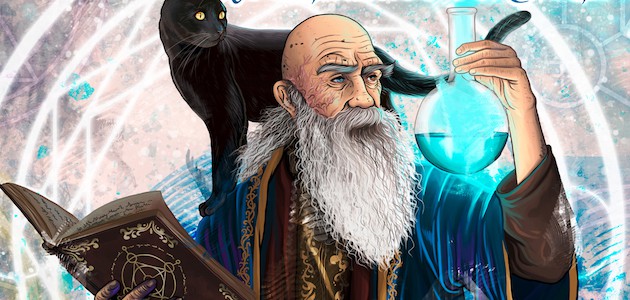
In a meeting with Board & Dice at Gen Con this year, they showed me Trismegistus, the newest release from Daniele Tascini and first-time designer Federico Pierlorenzi, and I was smitten. I didn’t get a chance to play it until much later, but I knew I’d love this one well in advance. The game tasks players with collecting elements, completing alchemical formulas, working towards completion of the Philosopher’s Stone on their asymmetrical player boards and much more. The rules and flow of the game can be a bit of a barrier, and this is the heaviest game Tascini has worked on to date, but it was an absolute blast to play – a puzzle I couldn’t stop thinking about. It remains to be seen if this one has the staying power on my shelf of his other recent releases, but for now, it’s one of my favorite euros in rotation.
2. City of the Big Shoulders
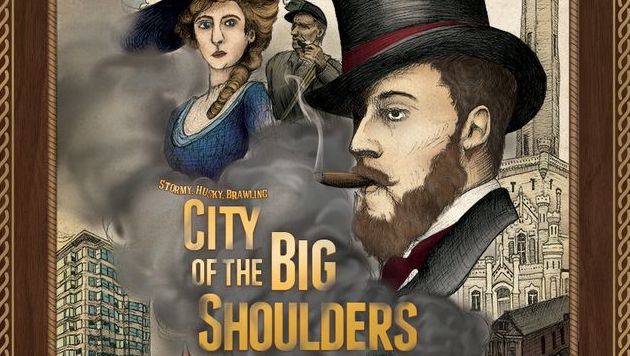
I missed this game on Kickstarter. I honestly don’t know how. Maybe it was the evocation of 18xx before I’d ever touched an 18xx game (and incorrectly assumed I wouldn’t enjoy them). Maybe I was on a budget that month. Who knows, but thankfully Parallel Games had ample copies at Gen Con and I was able to add this one to my collection. Mixing the stock management of 18xx with the worker and production management of Arkwright, and a clever twist on worker placement, this game was immensely satisfying to play. The expansion is a must, offering a greater variety of asymmetrical companies to run, and upgrades to the paper money, but if you can get them both it’s one of the best heavy game experiences of the year.
1. Pax Pamir Second Edition
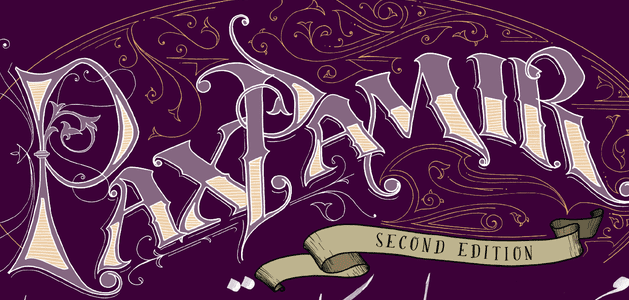
For the second year in a row, Cole Wehrle blew me away with a clever, tight, concentrated game design. Like Root in 2018, Pax Pamir Second Edition got under my skin almost immediately. I wanted to play more. To see more cards. To try new strategies. On the surface a simple enough tableau builder, Pax Pamir has a suite of clever mechanics that set it apart from others in the genre. The area control elements, in which you shift factions as it suits you and score only for the faction you currently represent is well-implemented. The game holds up the Pax mantle well too, imbuing every card and action with historical significance, of a time that most know little about, despite its outsized impact on world events over the following decades. It’s hard to find, but if you get a chance to play this game, do it. It’s incredible.

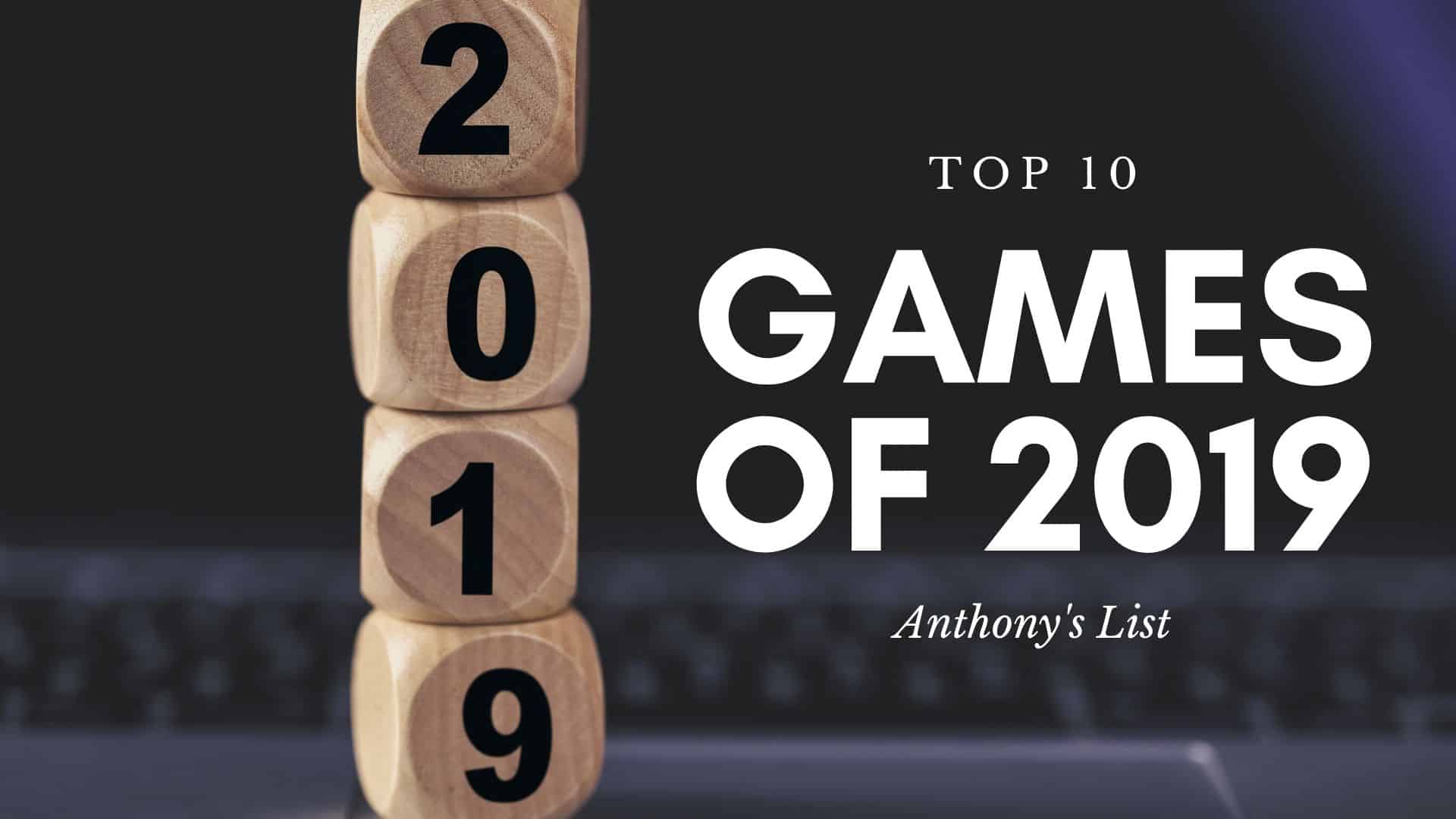



Show Comments